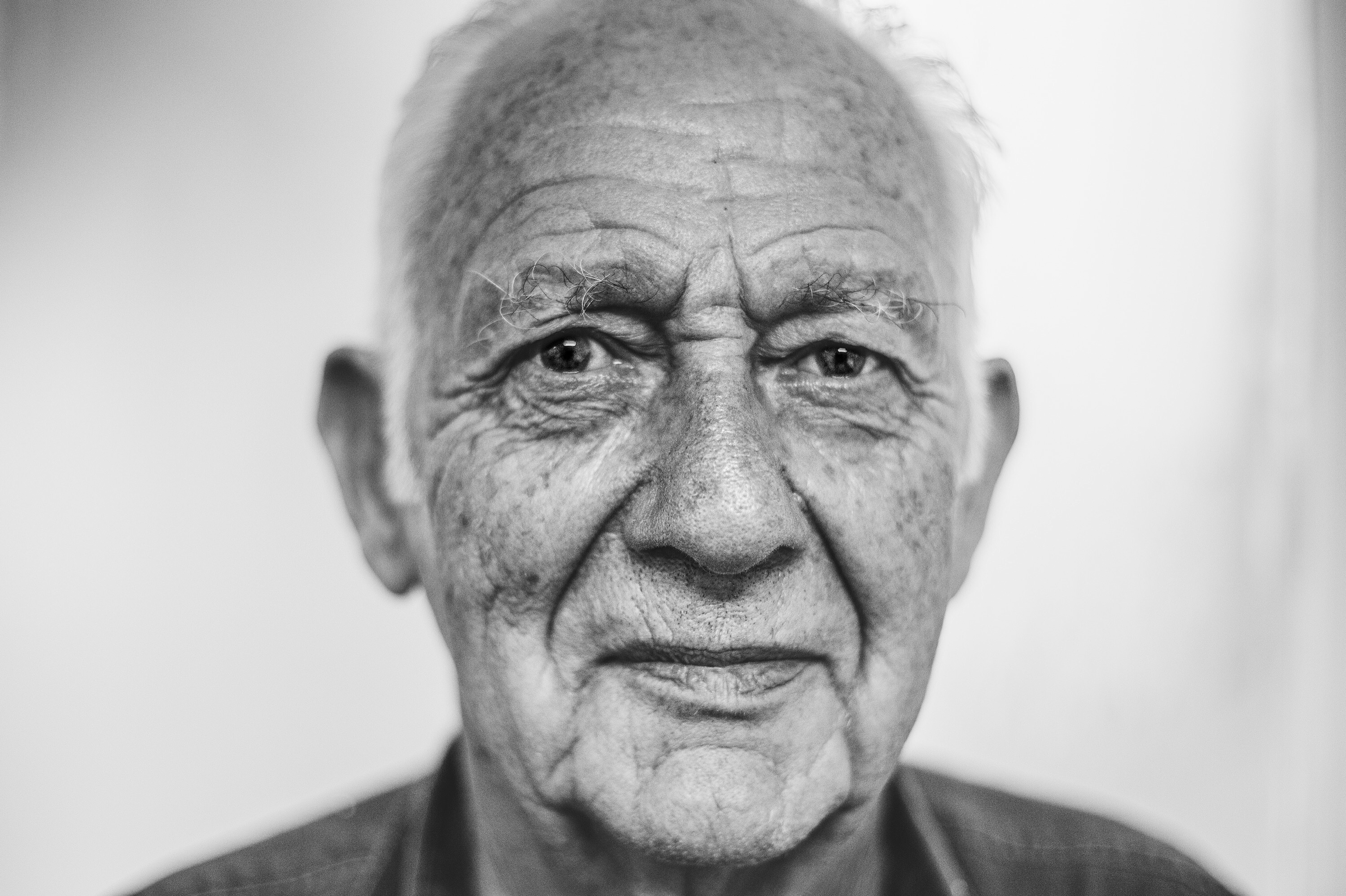People with Alzheimer’s disease struggle to recognise loved ones because they have a problem distinguishing whole faces, a study shows.
The discovery opens the door to different strategies – such as identifying particular facial or vocal characteristics – to help patients interact with close relatives for longer.
It shows beyond causing memory problems dementia also impairs visual face perception – offering families better understanding of the devastating illness which widens gulfs.
Dr Sven Joubert whose findings are published in the Journal of Alzheimer’s Disease said face perception plays a fundamental role in communication enabling humans to evolve into experts at quickly detecting and identifying individuals.
This skill is believed to depend on the ability to perceive a face as a whole – also known as ‘holistic perception’ which differs from the local and detailed analysis required for particular features such as the eyes, nose or mouth.
The study demonstrated it’s this holistic ability to perceive whole faces that is impaired by Alzheimer’s which affects 850,000 people in the UK alone.
Dr Joubert and colleagues recruited patients along with healthy elderly participants to look at their ability to perceive faces and cars in photos that were either upright or upside down.
He said: “The results for people with Alzheimer’s were similar to those in the control group in terms of answer accuracy and the time to process the upside-down faces and cars.
“To perform these tasks the brain must perform a local analysis of the various image components perceived by the eye.
“However with the upright faces people with Alzheimer’s were much slower and made more mistakes than the healthy individuals.
“This leads us to believe holistic face recognition in particular becomes impaired.
“Subjects with Alzheimer’s disease also demonstrated normal recognition of the upright cars – a task that in theory does not require holistic processing.
“This suggests Alzheimer’s leads to visual perception problems specifically with faces.”
What’s also surprising about this impairment is it’s observed in the early stages of the disease.
The study helps explain the mechanism involved in the problem people with Alzheimer’s have with recognising the faces of family members or celebrities.
The fact impaired facial recognition could stem from a holistic perception issue – rather than only and a general memory problem – could lead to postponing the chasm that occurs between patients and their loved ones by developing different strategies based on homing in on particular facial or vocal traits.
Face recognition tests – such as identifying famous people from John F. Kennedy and Albert Einstein to Elvis Presley and Princess Diana – have been developed to provide an early indicator of dementia.
One study found those who consistently struggled to recall the names of celebrities were more likely to have a form of the condition.
Healthy people recognised 97 per cent of the 20 faces they were shown – and named 93 per cent.
But those with primary progressive aphasia – a rare form of early-onset dementia – recognised only 79 per cent and named 46 per cent.
People who had most trouble retrieving names for the faces were more likely to have lost brain tissue in the left temporal lobe – known to be important in verbal memory.
Those who couldn’t recognise the faces in the first place had tissue loss on both sides.




